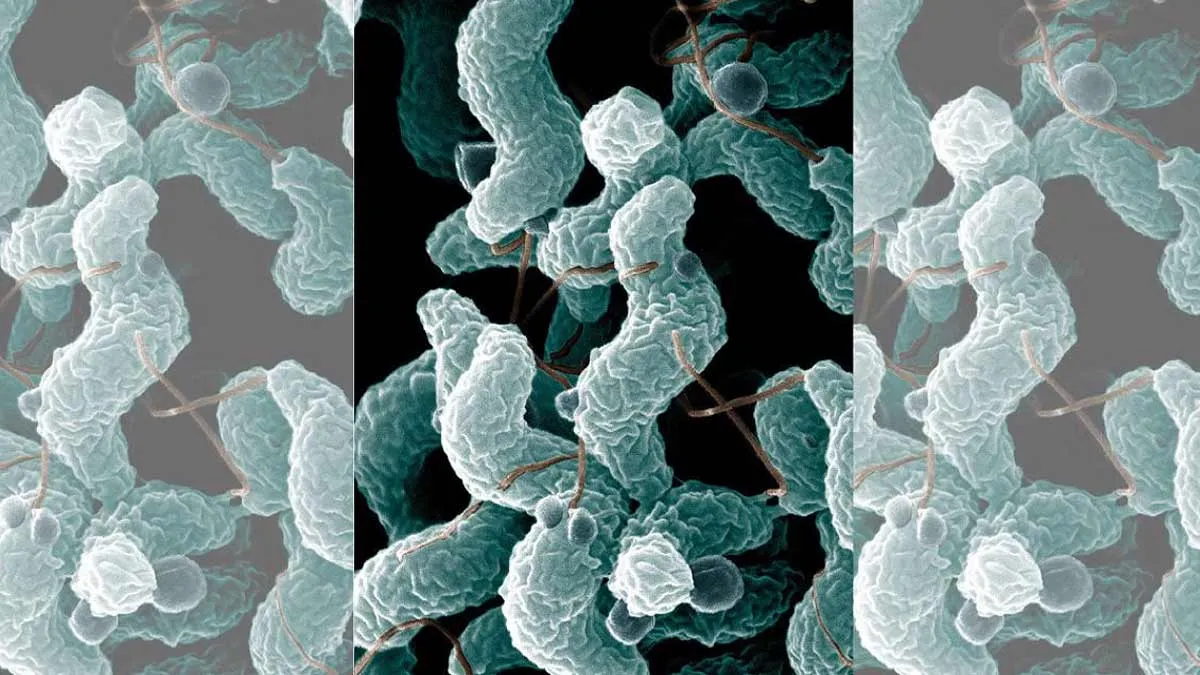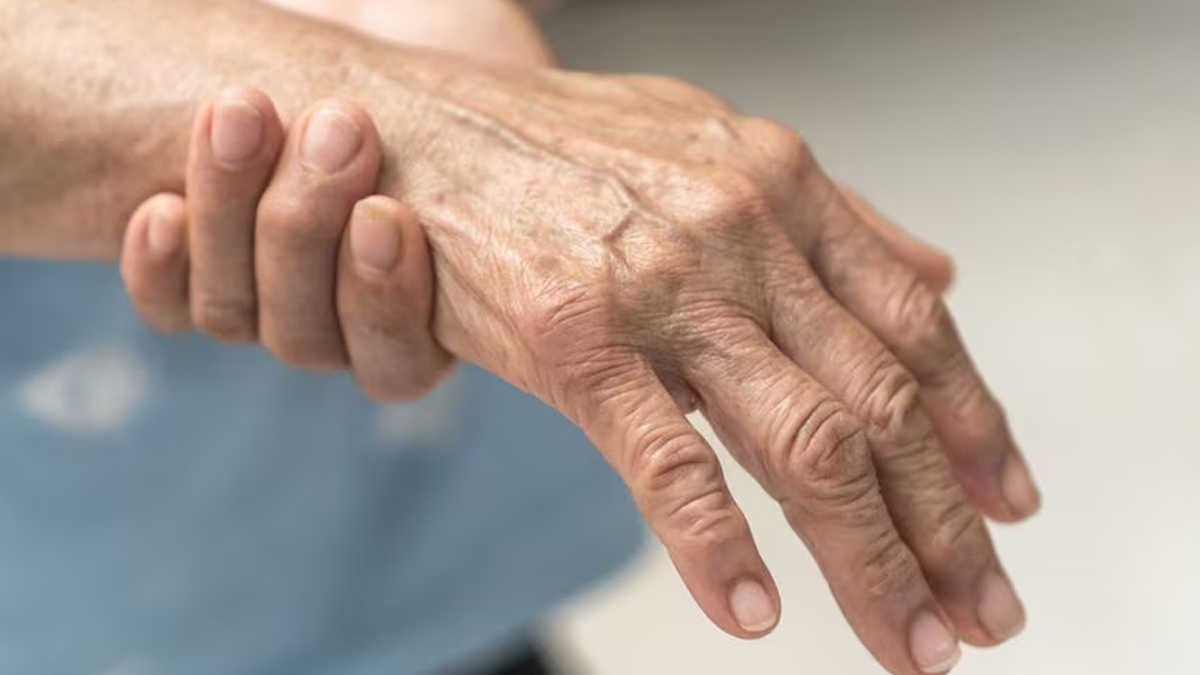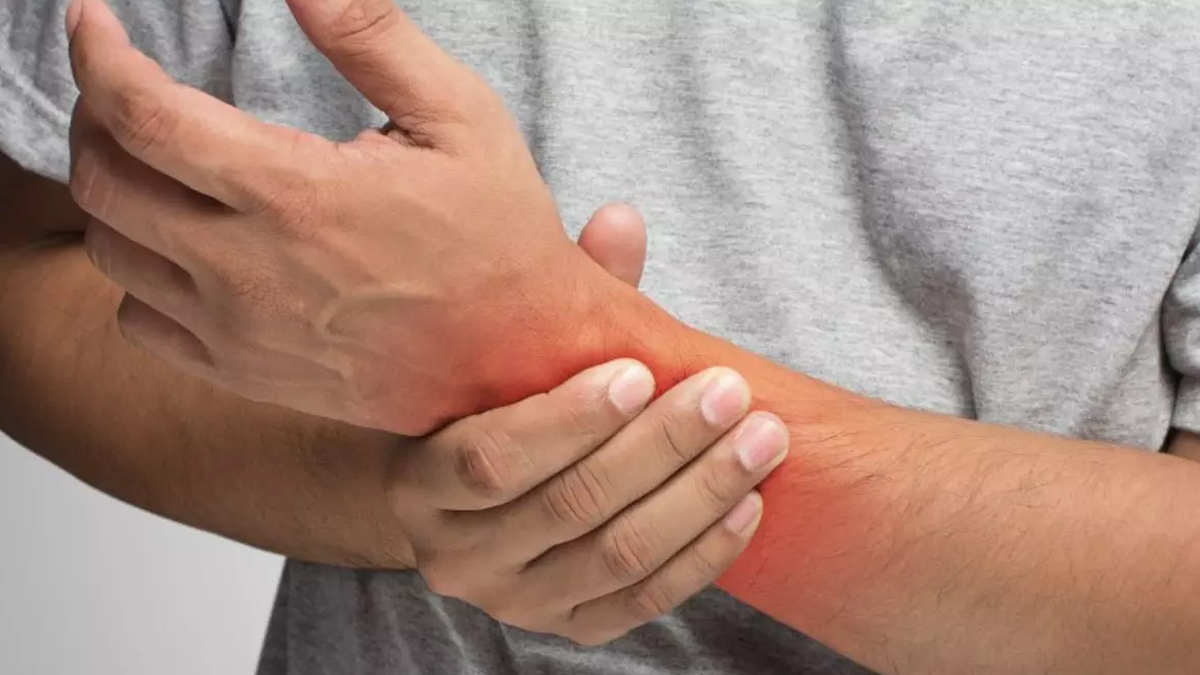
Several areas in Maharashtra, particularly Pune, are currently grappling with a significant outbreak of Guillain-Barré Syndrome (GBS), a rare but severe neurological disorder. The Indian Council of Medical Research (ICMR) has confirmed the presence of Campylobacter jejuni, a common diarrhoea-causing pathogen, in 20-30% of the samples collected from affected patients. However, despite this finding, the root cause of the outbreak remains uncertain, leaving health authorities searching for more answers.
Table of Content:-
Campylobacter jejuni: A Potential Trigger
ICMR Director General Dr Rajiv Bahl recently revealed that many of the patients diagnosed with GBS had previously suffered from infections caused by Campylobacter jejuni. Pune-based scientists also corroborated these findings, detecting the pathogen in multiple samples from affected individuals.

GBS is typically triggered when the body's immune system mistakenly attacks the peripheral nerves, leading to progressive muscle weakness, numbness, and, in severe cases, paralysis. While previous infections often precede the onset of GBS, such widespread clustering of cases in a short span is highly unusual. The current outbreak in Pune and surrounding areas marks the largest recorded GBS cluster in India.
The Role of Contaminated Water
While ICMR and the National Institute of Virology (NIV), Pune, continue to investigate the outbreak, experts suspect a potential link between the cases and contaminated water sources. It is believed that a water supply system serving Pune and nearby villages may be harboring the pathogen, increasing the risk of gastrointestinal infections that could subsequently trigger GBS.

Campylobacter jejuni is known to spread through undercooked poultry, contaminated food, and untreated water from sources such as lakes, rivers, and wells. Given that this bacterium has been responsible for stomach infections in India for decades, authorities are now closely examining water quality reports from affected areas to determine if contamination is a contributing factor.
Also Read: India Developing Its First Indigenously Developed Monkey Fever KFD Vaccine
The Scale of the Outbreak
Since January, over 200 suspected and confirmed GBS cases have been reported in Pune alone, with the outbreak claiming eight lives, including one recently confirmed in Mumbai. Out of the 205 recorded cases in Pune as of February 13, at least 50 individuals were receiving treatment in intensive care units (ICUs), and 20 were on ventilator support. The highest incidence has been recorded among individuals aged 20-29 years.
GBS is generally rare, affecting approximately one in 100,000 people per year. However, when community-wide triggers increase, the incidence rate can rise, as seen in the ongoing outbreak.
WHO and Government Response
The World Health Organization (WHO) has stepped in to support India’s health authorities in tackling the crisis. On January 31, WHO announced that it was assisting local health teams in active case searches and training medical personnel to identify, diagnose, and treat suspected cases effectively.

Despite extensive research and intervention efforts, there is no clear consensus on what exactly sparked the outbreak. While the link to Campylobacter jejuni suggests a potential source, the pathogen is a common cause of diarrheal infections across India, making it difficult to pinpoint as the sole trigger.
Also Read: Researchers Identify New Type Of Blood Test To Identify Children At Risk Of Diabetes
Bottomline
Health experts and officials have urged authorities to release detailed water quality reports from the affected regions. If contaminated water is indeed the source, urgent corrective measures such as improved water treatment and sanitation protocols must be implemented to prevent further infections.
In the meantime, residents in affected areas are advised to take precautions, including boiling drinking water, maintaining proper hygiene, and seeking immediate medical attention for any gastrointestinal symptoms. As the investigation continues, the need for swift and transparent action remains crucial to controlling the outbreak and preventing further cases of this debilitating syndrome.
Also watch this video
How we keep this article up to date:
We work with experts and keep a close eye on the latest in health and wellness. Whenever there is a new research or helpful information, we update our articles with accurate and useful advice.
Current Version
